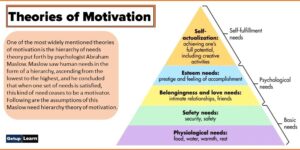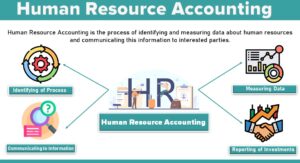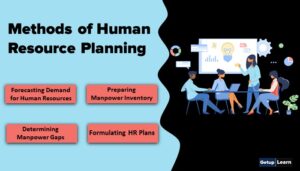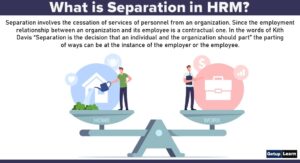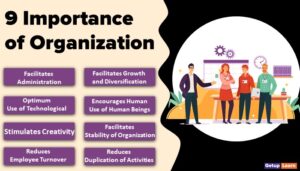Table of Contents
What is Counselling?
Counselling is a discussion of a problem that usually has emotional content with an employee in order to help the employee cope with it better. Counselling seeks to improve employee mental health. By Keith Davis
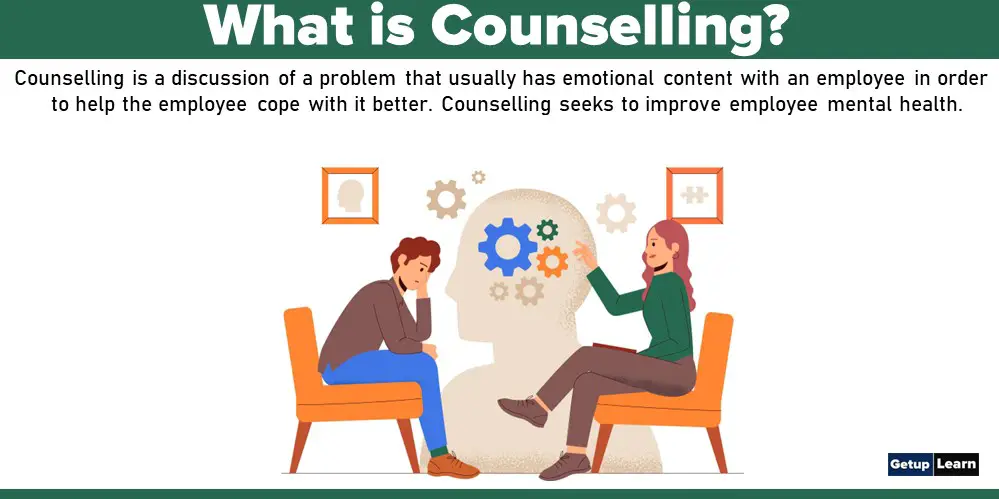
In other words, Counselling is a relationship between the counsellor and the counselee characterised by trust and openness, in a one-to-one, or a small group relationship, whereby the counselee is helped to work through his or her interpersonal and/or intrapersonal problems and crisis. He is also helped to mobilize his inner and outer resources and to find new options in facing life.
In today’s fast-paced corporate world, there is virtually no organization free of stress or stress-free employees. The employees can be stressed, depressed, suffering from too much anxiety arising out of various work-related issues like managing deadlines, meeting targets, lack of time to fulfil personal and family commitments, or bereaved and disturbed due to some personal problem etc.
Organizations have realized the importance of having a stress-free yet motivated and capable workforce. Therefore, many companies have integrated counselling services into their organizations and made it a part of their culture. Organizations are offering the service of employee counselling to their employees.
Employee counselling can be explained as providing help and support to the employees to face and sail through the difficult times in life. At many points of time in life or career, people come across some problems either in their work or personal life when it starts influencing and affecting their performance and increasing their stress levels of the individual. Counselling is guiding, consoling, advising, sharing and helping to resolve their problems whenever the need arises.
Technically, Psychological Counselling, a form of counselling is used by experts to analyse the work-related performance and behaviour of the employees to help them cope with it, resolve the conflicts and tribulations and re-enforce the desired results.
Characteristics of Counselling
These are some major points of characteristics of counselling:
- Counselling is an exchange of ideas and feelings between two people, a counsellor and a counselee, so it is an act of communication. Thus, successful counselling depends on communication skills.
- Counselling facilitates the employees in coping with their emotional problems, which in turn helps in improving the organizational problems. Counselling also helps the organization to be more human and considerate of people‘s problems.
- Counselling is generally confidential and hence employees feel free to talk openly about their problems involving both jobs and personal problems.
- Counselling may be performed by both professionals and non-professionals.
- Counselling enhances the job satisfaction and morale of the employees.
Components of Counselling
Counselling of staff is becoming an essential function of the managers. The organization can take either the help of experienced employees or expert, professional counsellors to take up the counselling activities. These are three major components of counselling:

Performance Counselling
Ideally, the need for employee counselling arises when the employee shows signs of declining performance, being stressed during office hours, bad decision-making etc. In such situations, counselling is one of the best ways to deal with them. It should cover all the aspects related to the employee performance like the targets, employee‘s responsibilities, problems faced, employee aspirations, interpersonal relationships at the workplace, etc.
Personal and Family Wellbeing
Families and friends are an important and inseparable part of the employee‘s life. Many times, employees carry the baggage of personal problems to their workplaces, which in turn affects their performance adversely. Therefore, the counsellor needs to strike a comfort level with the employees and, counselling sessions involving their families can help to resolve their problems and get them back to work- all fresh and enthusiastic.
Other Problems
Other problems can range from work-life balance the health problems. Counselling helps to identify the problem and help him/her to deal with the situation in a better way.
Need of Counselling
The need of counselling arises due to the following reasons:
Conflict
Conflict arises when there is a disagreement between two or more individuals or groups and each individual or group tries to gain acceptance of its views or objectives over the other one. Conflict is undesirable and should be avoided and resolved as soon as possible.
Personal conflict is more emotional in nature and reflects feelings, anger, distrust, fear, resentment, and clash in personality, antagonism, tension etc. The organizational conflict on the other hand involves disagreement on such factors as allocation of resources, organizational policies and procedures, nature of assignments and distribution of rewards.
Possibly the most serious problem for most people is inter-personal conflict as it deeply affects the person‘s psychological being. We feel concerned when we have a need to protect our self-image and self-esteem from damage by others. When they threaten it, we get emotionally upset.
The management experts are of the view that an environment of goodwill and trust should be developed in order to avoid conflict. Proper organizational structures, authority relationships and good human relations can help in preventing conflict. Counselling facilitates resolving the conflict by reducing emotional blockages.
Stress
Stress is a condition of strain that has a direct bearing on emotions, thought processes and physical conditions of a person. When it is excessive, it can threaten one‘s ability to cope with the environment. People who are stressed may become nervous and develop chronic worry. They are easily provoked to anger and are unable to relax. Stress also leads to physical disorders, because the internal body system changes to try to cope with stress.
The causes of stress can be classified under two heads:
On-the-Job Stress
The job itself may pose as the basic cause of stress. Employees may not be able to cope with the demands of the job or the job requirements may be unclear to them. On such occasions, the employees may feel that they have a work overload, and pressures they cannot cope with tension, anxiety and insecurity. All these feelings cause stress.
Off-the-job Stress
Job, stress also affects the functioning of the employee. Causes of stress off the job are numerous. Ability to tolerate stress is not the same for all people. People differ in their tolerance to stress. Some people can tolerate much greater stress than others. Stress is thus, one of the most important aspects of the employees, which needs to be kept at a level low enough to tolerate without developing disorders.
Frustration
Frustration is another major reason for counselling needs. When an employee is repeatedly interfered with or hindered in such a way that prevents him from achieving the desired goal, it results in frustration.
Types of Counselling
The following are the three types of counselling:
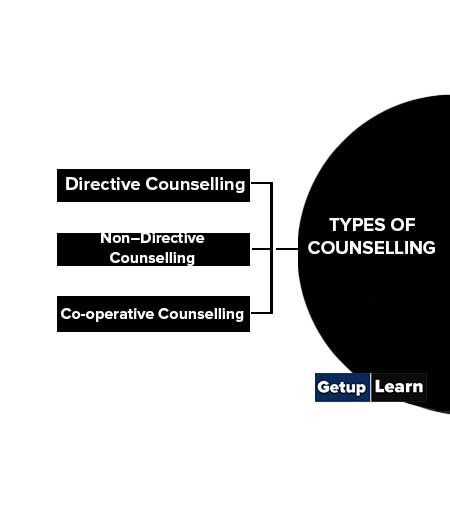
Directive Counselling
Directive counselling is the process of hearing a person‘s emotional problems, deciding what he should do, and then telling and motivating him to do it. Under directive counselling, the counsellor performs all the functions of counselling except reorientation.
If the directive counsellor listens to the employee‘s problems carefully and makes the counselee realise that his advice is worthwhile, directive counselling can be successful.
Non–Directive Counselling
Non-directive or client-centred counselling is the process of skillfully listening to a person and encouraging him to explain his emotional problems, understand them and determine courses of action. It focuses on the counselee rather than the counsellor as judge and adviser and hence it is client centred. Professional counsellors generally follow non-directive counselling.
Co-operative Counselling
This type of counselling is worth serious notice, as this appears to be more practically applicable and more readily suitable to managerial attitudes and temperaments in Indian organizational situations than the other two. It is in the middle of the directive and non-directive counselling.
Participative counselling is a close and mental relationship between the counsellor and the counselee that establishes a cooperative exchange of ideas, information, knowledge, values, feelings etc., to solve the problems of the counselled.
Steps in Counselling Process
Counselling is meant to help in the utilisation of human resources in the organization. The counsellor-manager has to help his employees to be aware of their strong and weak points and to improve upon the strong points and overcome their weaknesses.
In fact, every manager or supervisor is in a way counselling his employees knowingly or unknowingly every day. The usual counselling process goes through the following three phases of initiating the development of mutual understanding, openness and acceptance- times termed rapport building.
The following are two steps in the counselling process:
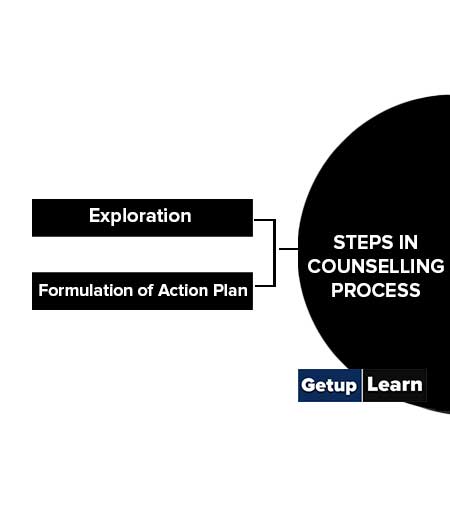
Exploration
It this involve understanding with the help of the counselee? The counselee‘s own situation, his feelings, his strengths and weaknesses, his problems and needs. The skill of the counsellor lies in making the counselee discover his own shortcomings and weaknesses and size up his problem in the light of the mutuality of the organizational situation.
Formulation of Action Plan
Formulation of action plans is undertaken for improved task performance in the organization. For counselling to be useful, it must culminate in the formulation of an action plan, which the employee is led to evolve and commit to.
It may, however, take more than one session to arrive at the ultimate stage of formulation of the plan but at the end of each session, the action plan following it may be worked out.
What is Mentoring?
Mentoring is an alliance that creates a space for dialogue that results in reflection, action and learning. Mentoring is nothing but developing insight to turn hindsight into foresight‘ Mentoring is a synergetic relationship – two or more people, engaged in a process that achieves more than each could alone.
The process of mentoring starts with building the relationship, negotiating agreements, and developing the mentee and ending the relationship mentoring is an ongoing relationship that can last for a long period of time. It can be informal and meetings can take place when the mentee needs some advice support or guidance.
The mentor who is usually an experienced and qualified person who will be senior in the organisation. The focus is mainly on career and personal development.
What is the meaning of counselling?
Personnel counselling is defined as a discussion of an emotional problem with an employee, with the general objective of reducing it so that performance is maintained at an adequate level or even improved upon.
What are the three components of the Counselling process?
Counselling of staff is becoming an essential function of the managers. The organization can take either the help of experienced employees or expert, professional counsellors to take up the counselling activities. These are three major components of counselling: Performance Counseling, Personal and Family Well-being, Other Problems etc.
What is the need of counselling?
In the present fast-moving society, the employee is confronted with numerous problems, which may be personal in nature or related to his job. When these problems exist, employees benefit from understanding and getting help, of the type that counselling can provide. In such a situation, counselling facilitates in reducing his stressful condition and thereby returning to normal job performance and behaviour.
What are the 3 types of counselling?
The following are the three types of counselling: 1. Directive Counselling, 2. Non–Directive Counselling, 3. Co-operative Counselling etc.




